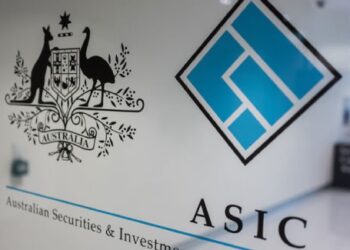In a letter to trustees on Friday 28 February, an example of which was seen by SMSF Adviser, the ATO Deputy Commissioner laid out the new requirements for SMSF trustees that receive employer contributions.
“From 1 July 2014, employers with 20 or more employees are required to send contributions electronically to all superannuation funds, including SMSFs,” the letter explained. “This will providea consistent and more efficient process for receiving contributions, improve data quality and simplify employer’s obligations.”
The letter explained that under the new regime, each SMSF member will be required to provide the ABN and bank account details of the fund to their employer by 31 May 2014.
In addition, SMSF members will need to obtain an electronic service address – which the letter explains is “different to an email address” – by which communications regarding contributions can be facilitated.
These message delivery tools can be obtained from various service providers including administrators and e-commerce gateways, potentially at a cost, the letter states.
Speaking to SMSF Adviser, Class Super chief operating officer Kevin Bungard said the letter contains significant new information that trustees and their advisers need to be aware of.
“In our conversations with the industry – administrators, accountants, advisers and trustees – there is a lot of confusion around the actual obligations of SuperStream [for SMSFs],” Mr Bungard said.
“This is the first time it has been really clear there is an obligation.”
Mr Bungard said professionals that work with trustees will need to “have a view” about which message delivery service is appropriate for their client, and may ultimately be the one providing the information to employers.
“Funds that have administrators or accountants or advisers are probably going to have the problem fixed for you,” he anticipated. “So trustees should receive a communication from their administrator or accountant and they will pass on the obligatory information to the employer.”
More broadly, Mr Bungard said the SuperStream regime may have a number of long-term benefits for trustees insofar as efficiencies result in downward pressure on administration costs and “better quality service”.
Class Super recently launched SMSF Dataflow, an online service to assist with SuperStream compliance obligations.



Please keep me updated about the SuperStream idea.